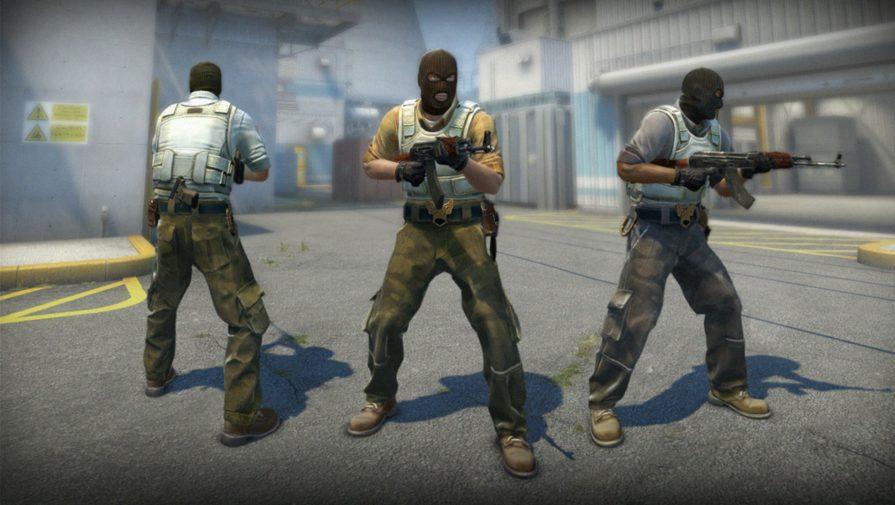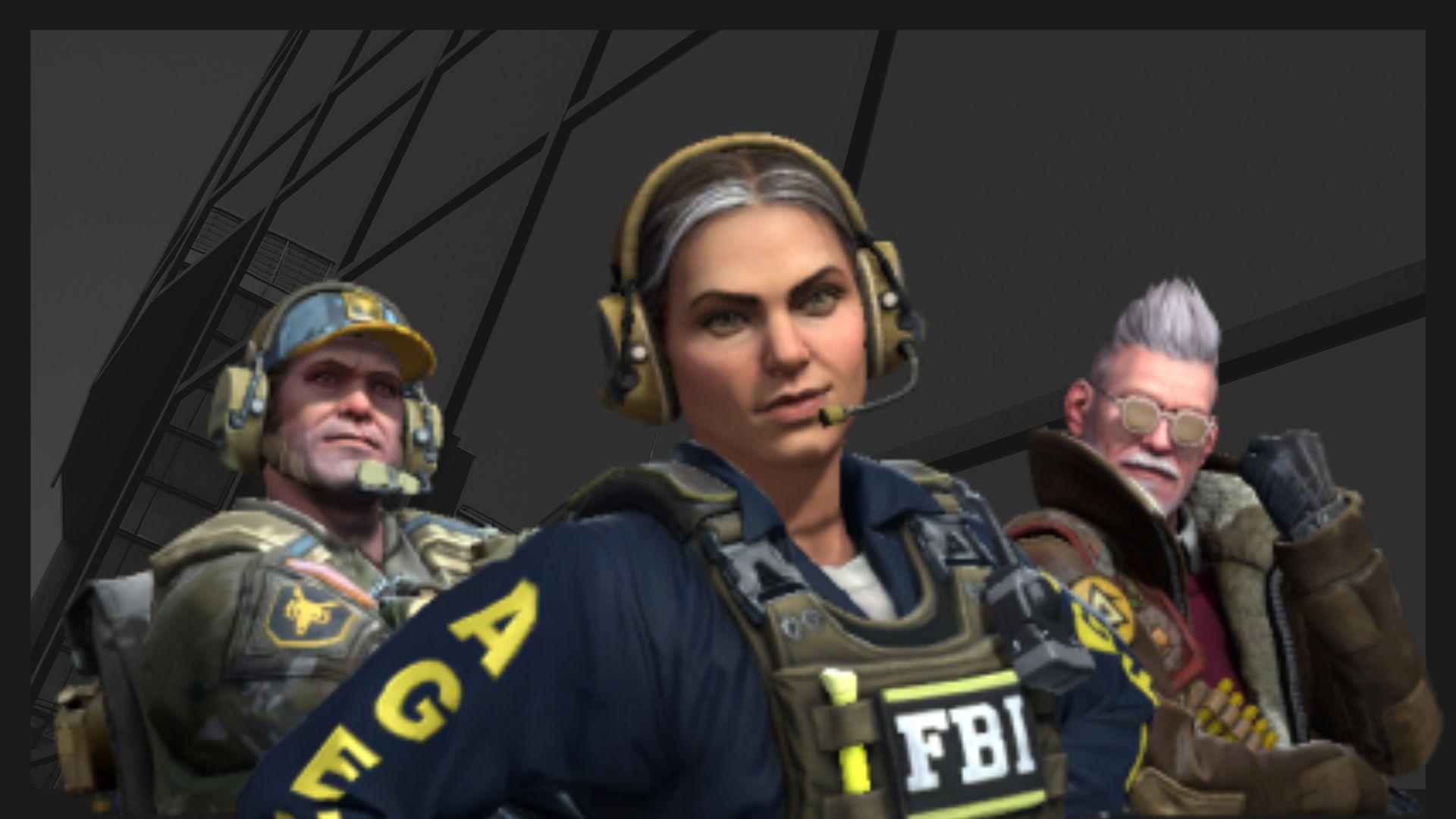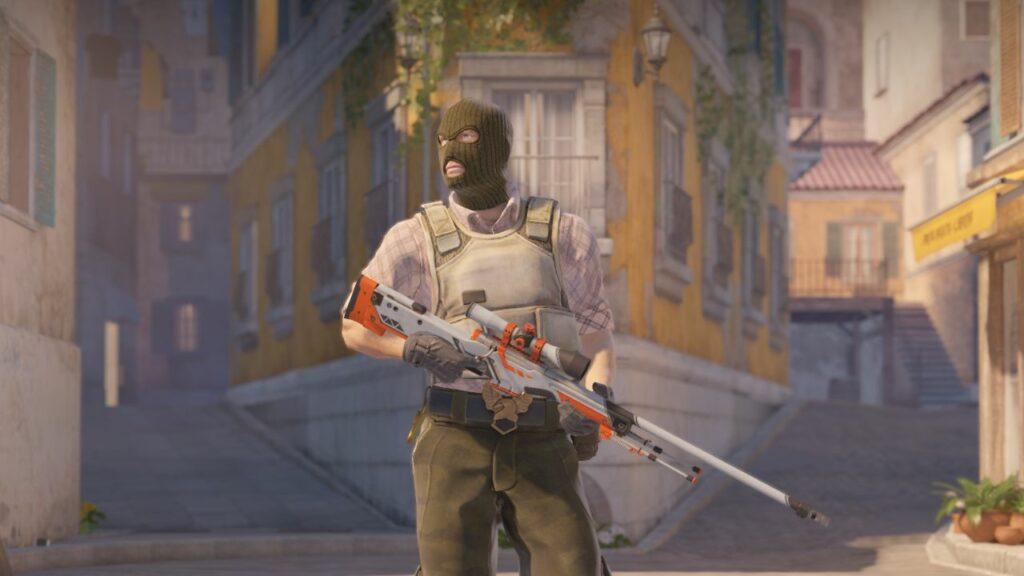
ESIC has just banned 35 CSGO pro players for match fixing
Match-fixing continues to be a problem in the Counter-Strike: Global Offensive pro scene.
The Esports Integrity Commission has confirmed 35 bans after conducting investigations into breaches of the Anti-Corruption Code in CSGO competitions. This was a two-year process of investigating match-fixing in Australia, Europe, and the United States.
ESIC found that the CSGO players in question had bet on their own matches or bet against their own team in ESIC member events, according to an announcement made on Twitter. The report also noted that the banned players had participated in “collusive behavior,” including the sharing of details of fixed games with third parties, leading those third parties to place bets.
ESIC issues sanctions against 35 players for betting related offences & extends bans for 2 players previously sanctioned in October 2020.
ESIC will continue to investigate further offences in Australia, NA and Europe in cooperation with law enforcement.
(1/2) pic.twitter.com/KgVudv0d9t— ESIC (@ESIC_Official) January 22, 2021
Who was banned from CSGO for match-fixing?
One of the banned Australian players was Joel “PEARSS” Kurta, who recently switched to Valorant. It’s unclear how his 12-month ban will impact his competitive career in Riot Games’ tactical shooter.
All of the CSGO pros caught cheating have been issued a notice of their charge by ESIC. It details the offense and any available appeal mechanisms. The ban lengths for the players range from 12 months to a whopping 60 months. ESIC stated that all offending CSGO players on the following list have been referred to law enforcement.
“It is crucially important that professional players abstain from placing bets on the game in which they earn an income from in order to preserve the integrity of the esports landscape internationally and mitigate the potential for bad actors to take advantage of our sport,” ESIC concluded in the full report.
Banned players
- Jeremy “motion” Lloyd (Control) — 12 months
- Patrick “falcon” Romano De Sousa (Control) — 12 months
- Johnathan “Del” Sackesen (Lese) — 12 months
- Grayson “vax” Uppington (Overt) — 12 months
- Aidan “meta” Wiringi Jones (Overt) — 12 months
- Kaito “minusthecoffee” Massey (Aftermind) — 12 months
- Mason “msn” Trevaskis (Aftermind) — 12 months
- John “jcg” Grima (Integral Nation) — 12 months
- Isaac “prodigy” Dahlan (Integral Nation) — 12 months
- Billy “beetee” Thomson (Integral Nation) — 12 months
- Kieren “Muzoona” Jackson-Clapper (Integral Nation) — 12 months
- Matthew “zilla” Zdilar (Mako) — 12 months
- James “roflko” Lytras (Vertex) — 12 months
- Damon “damyo” Portelli (LAKERS) — 12 months
- Jak “jtr” Robinson (Rooster 2) — 12 months
- Daniel “rekonz” Mort (R!OT Gaming) — 12 months
- Nicolas “lato” Gullotti (Skyfire) — 12 months
- Marcus “mdk” Kyriazopoulos (really weird) — 12 months
- Joel “pearss” Kurta (Waterbottle, Valorant) — 12 months
- James “jamie” MacPhail (Downfall) — 12 months
- Ioan (Ionica) “bowie” Tuleasca (Lese) — 12 months
- Joshua “joshaaye” Wilson — 12 months
- Ryan “kragz” Clarke (Incept) — 12 months
- Roman “matr1kz” Santos (Forbidden) — 24 months
- Cailan “caily” Lovegrove (Aftermind) — 24 months
- Andy “Noobster” Zhang (Ground Zero) — 36 months
- Jayden “foggers” Graham (Control) — 48 months
- Sam “tham” Mitchell (Buckets) — 48 months
- Mate “habbo hotel” Poduje (LAKERS) — 48 months
- Samuel “samy” Jarvis (Caught off Guard) — 48 months
- Daniel “deezy” Zhang (Aftermind) — 48 months
- John “wots” Zhu (Forbidden) — 48 months
- Matthew “jam” Castro (Overt) — 60 months
- Alvin “Gravins” Changgra — 60 months
- Wilson “willyks” Sugianto (Vertex) — 60 months
Amended bans
- Akram “ADK” Smida (Rooster) — 24 months (from 12)
- Daryl “Mayker” May (Ground Zero) — 48 months (from 12)
CSGO match-fixing is a big problem in CSGO and esports
Australian CSGO players were under fire in 2019 for arranging to throw five matches in an esports tournament. The players had placed bets against their team, meaning that a loss would benefit them financially.
“We’ve got young men, typically 19 or 20-year-olds, who have no history with police,” assistant commissioner Neil Paterson said at the time. “They’re getting involved in [corruption] offenses at quite a young age that have serious consequences for them.”
CSGO veteran Jake “Stewie2K” Yip became frustrated by the situation, claiming that lower-tier competitive CSGO was getting disrupted by “shady” teams. He felt that teams that weren’t competing in tier 1 events felt they could get away with match-fixing, ultimately driving away teams from legitimate competition. He referenced a previous match-fixing scandal that took place in 2014 in the CSGO scene.
We saw the big regrets from iBP when they match fixed. They were set as an example to never do it again and got pushed away from competitive CS for it
People still matchfixing and thinking they’re sneaky since they aren’t tier 1
Get your shady ass outa here and keep the dirty $
— Jake (@Stewie) September 4, 2020
As match-fixing continues to be a problem in competitive Counter-Strike and in esports as a whole, the ESIC will continue working towards uncovering pro players who take part in this illegal activity.
Recommended

s1mple is offering lessons to help you get good at CS2
Have you dreamed of playing like s1mple?

Recent CS2 ban wave punishes cheaters during live games
Valve is banning players in bulks.

Players hopeful after Valve adds Overwatch to expose CS2 cheaters
Only “trusted” players will be Overwatch investigators.







